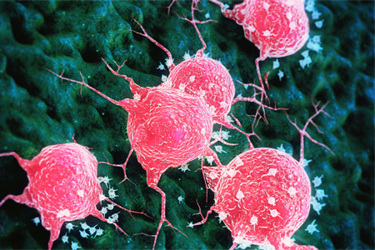Development Of A Canine Prostatectomy Model
By Ahmed Abdalla; Lisa B. Biegel; Emily Griffith; Megan Haney, and Porsha Osborne

Tumor surgical resection is a widely used treatment for cancer, but it often leads to metastasis and tumor recurrence. As a result, local administration of antitumor therapy alongside tumor resection has become preferred over systemic treatment for many cancers, though it can still cause side effects and nonspecific targeting.
In this study, a novel canine model was developed to enable localized administration of antitumor therapy directly at the tumor resection site, with gradual release of the therapeutic agent. This approach concentrates the treatment at the site of disease, improving efficacy and minimizing systemic toxicity. Several surgical models were created to ensure proper safety profiling of therapies. Due to shared anatomical similarities between dogs and humans, dogs were chosen as an ideal model for human prostate disorders, including prostate cancer. While total prostatectomy is a common procedure for prostate cancer in men, it is difficult to model in dogs due to high rates of complications. Therefore, this study aimed to develop a canine prostatectomy model to evaluate the local application of test materials, mimicking human prostatectomy procedures while minimizing postoperative complications.
Male beagle dogs (n=3) underwent partial prostatectomy, with 25% of each prostatic lobe removed via wedge resection. A pocket was created in the periprostatic fat to allow the direct application of up to 2 mL of test material. Following surgery, the incision was closed, and the animals were euthanized five days later for evaluation. All surgeries were successful, with no major complications such as urinary incontinence or retention. Clinical observations showed decreased activity and food consumption, which resolved within two days. Urinalysis revealed hematuria and proteinuria, and necropsy showed mild renal discoloration and vacuolation, which were not considered adverse. These findings suggest that partial prostatectomy in canines can be performed with minimal complications, making it a valuable model for evaluating prostate cancer therapies and mimicking human prostatectomy procedures.
Get unlimited access to:
Enter your credentials below to log in. Not yet a member of Drug Discovery Online? Subscribe today.
